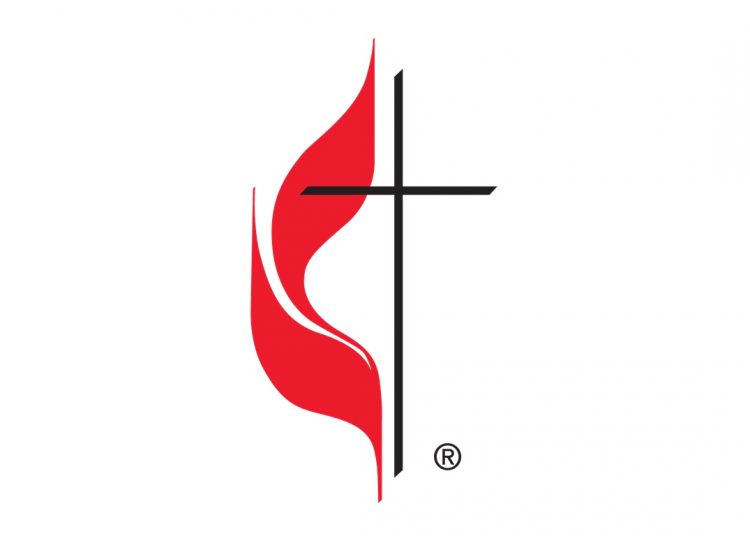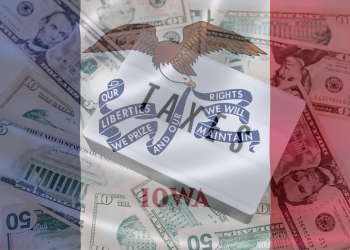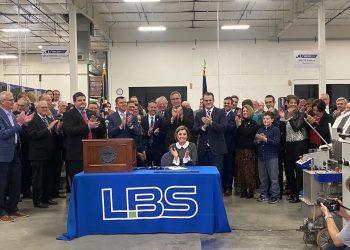DES MOINES, Iowa – The Iowa Conference of the United Methodist Church on Saturday distanced themselves from Rev. Brian Carter’s comments during a subcommittee on SSB 1026, a bill that repeals Iowa’s inheritance tax and the state’s qualified inheritance tax.
Carter said that the repeal would be “unfair.” He said that taxes should help “equalize the conditions of people in the state.”
“I myself have been profited from wealth accumulated by my ancestors and passed down to me. But I don’t particularly see that as a fair advantage. I think we need to have an inheritance tax because we shouldn’t let people accumulate wealth from the past, who just live off that wealth in the present,” he said, arguing for wealth redistribution.
“The inheritance tax is a fair tax, is a needed tax and a central tax for our state, and that should not be abolished. It is not a death tax. It is an inheritance from the past. Because somebody in the past and your family was able to accumulate wealth, it passed down to you, not because of your ability or you’re deserving, but just because you are part of a family,” Carter added. “But we are part of a larger family, the American family, and all people should have some fair share of that wealth.”
The Iowa Conference said Carter represented his personal views and misapplied the United Methodist Church’s resolution calling for “just tax structures.” The denomination calls for changes to current tax systems that embody the following principles:
Protecting the Poor and Vulnerable: All tax decisions must be judged by their impact on children, low-income families, the elderly, people with disabilities, and other vulnerable populations. Taxes should be applied to a market activity that causes cost upon others or upon a public good (for example, clean air). Additional taxes should be levied on products that are damaging, such as tobacco, alcohol, and weapons.
Community: Systems should strengthen and uphold values of our common life together. Any nation’s well-being is dependent on that of all its members. Tax and revenue systems enable governments to provide for the needs of the common good and should not give privilege to wealth earned through investment over wealth earned by labor.
Justice: Each government should ensure that both the burdens and the benefits of a nation’s common life are shared equitably and proportionally among its citizens. Laws should address inequalities not institutionalize them.
We call for a global treaty to prevent transnational avoidance of taxation.
“While the Church has resolutions that speak for the denomination on matters of our common life, we encourage Iowa United Methodist lay and clergy persons to share their views prayerfully and respectfully on issues of importance with their elected officials,” their statement read.
“Only the General Conference of The United Methodist Church may speak in the name of the Church, and only the Iowa Annual Conference Session may speak in the name of the Iowa Conference,” they added.
Five lobbyists are registered with the Iowa Legislature listed as representing the Iowa Conference of the United Methodist Church. Three of those five lobbyists are registered against the bill. Carter is listed as the Team Lead of the Iowa Conference’s Advocacy Team on the organization’s website.
State Senators Dan Dawson, R-Council Bluffs, Annette Sweeney, R-Alden, and Janet Petersen, D-Des Moines, recommended the bill’s passage. The bill advances for consideration by the full Iowa Senate Ways and Means Committee.















